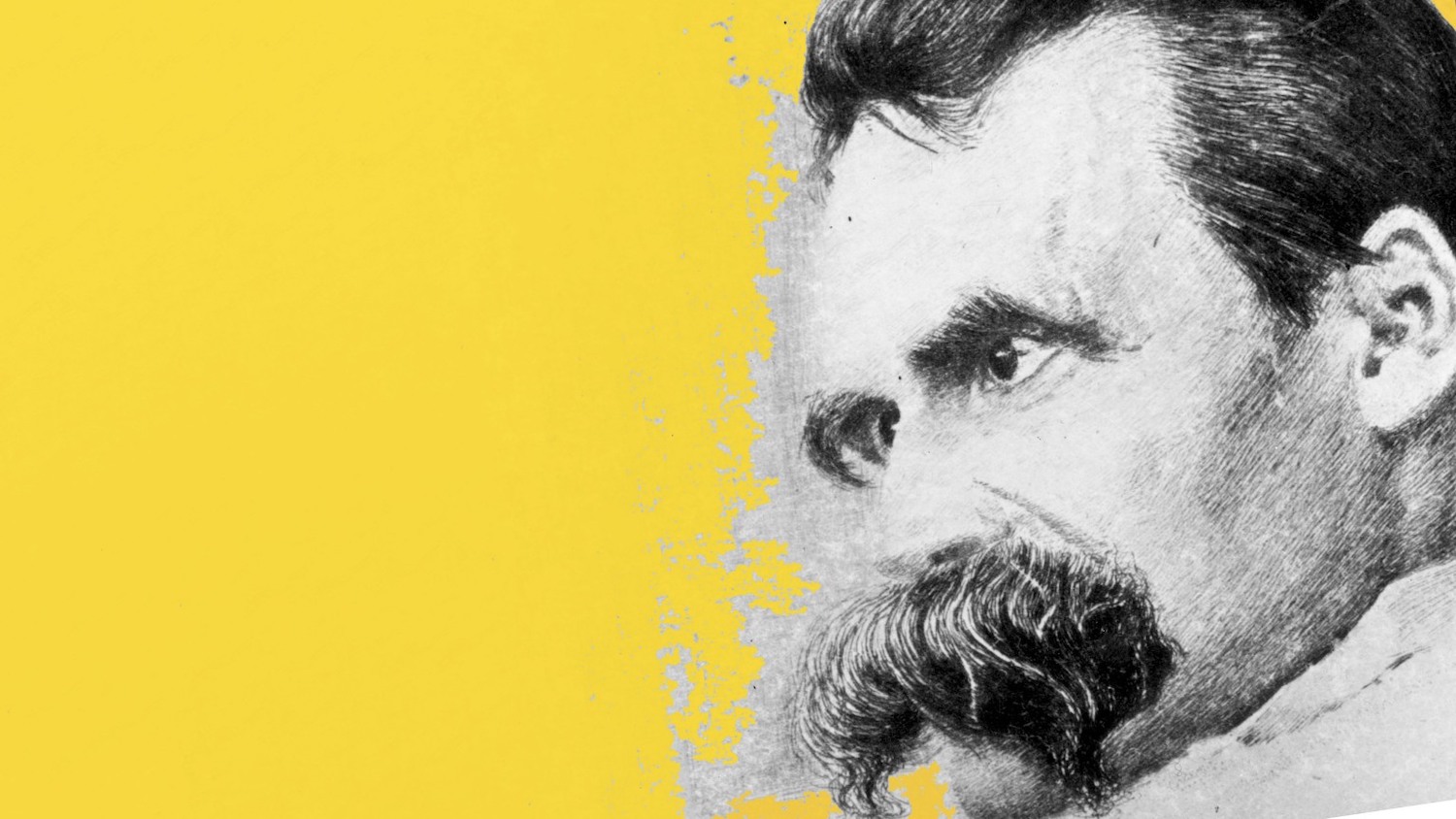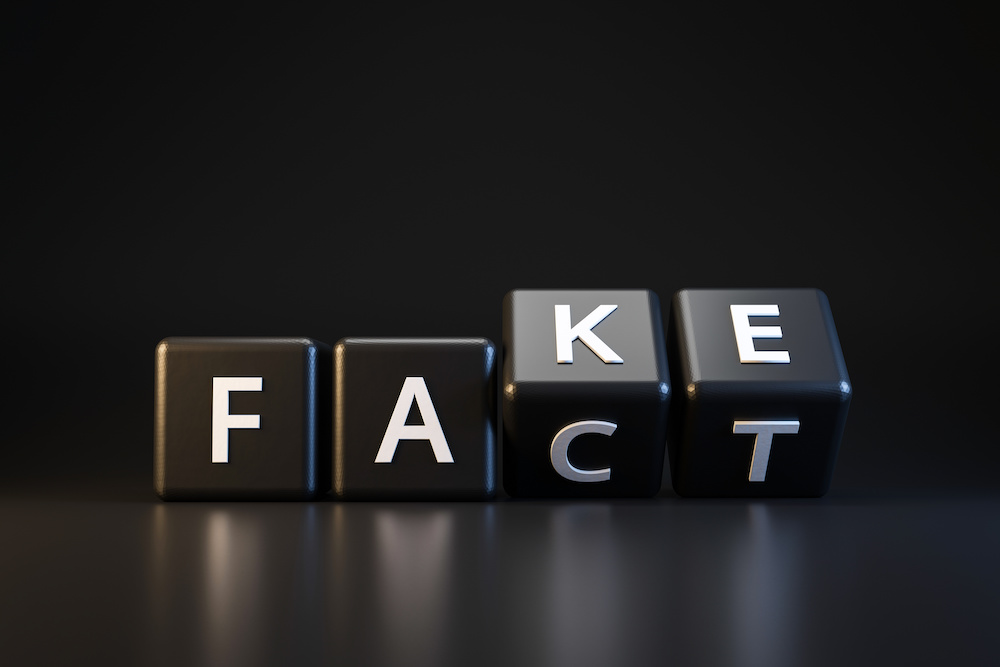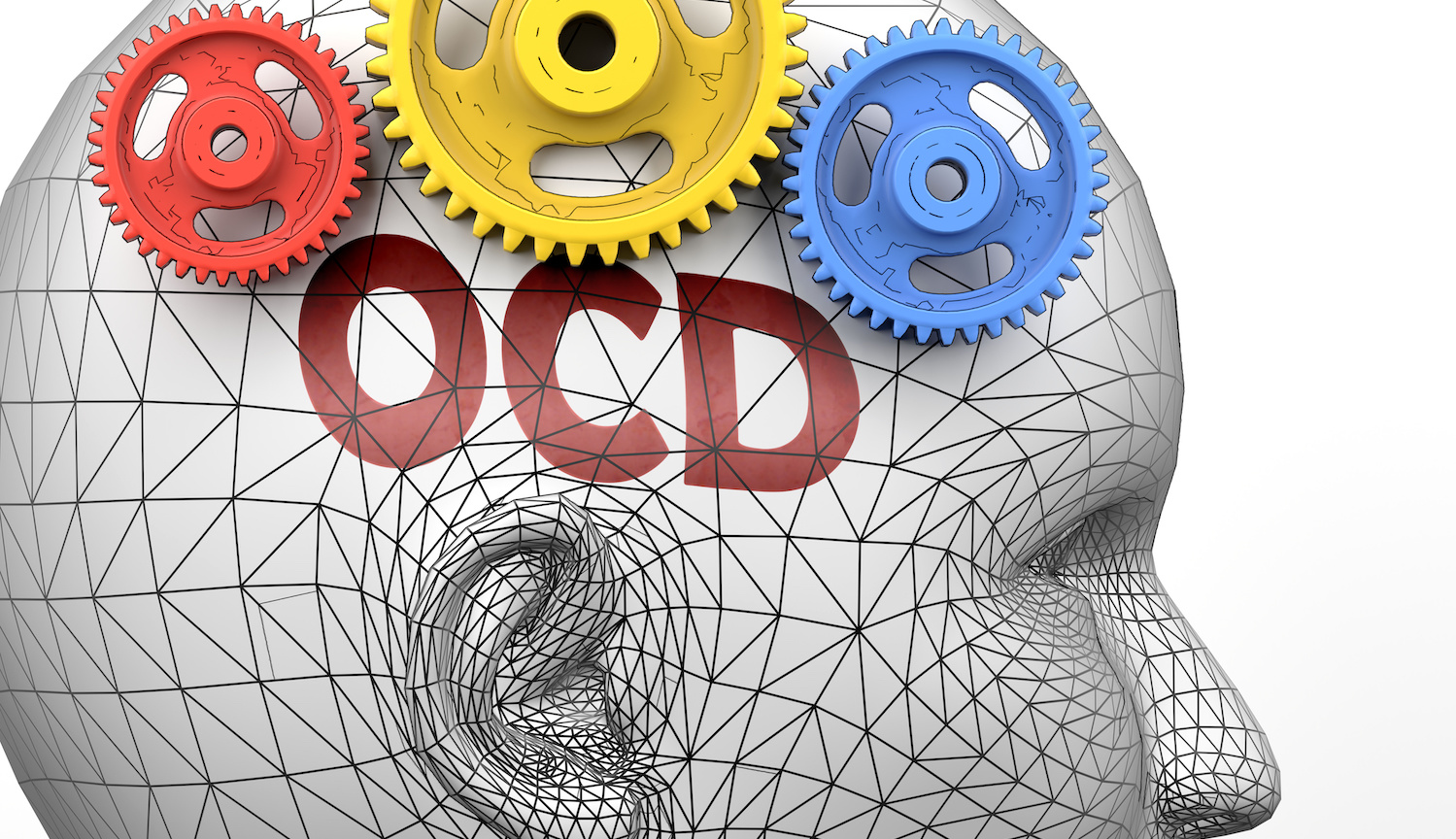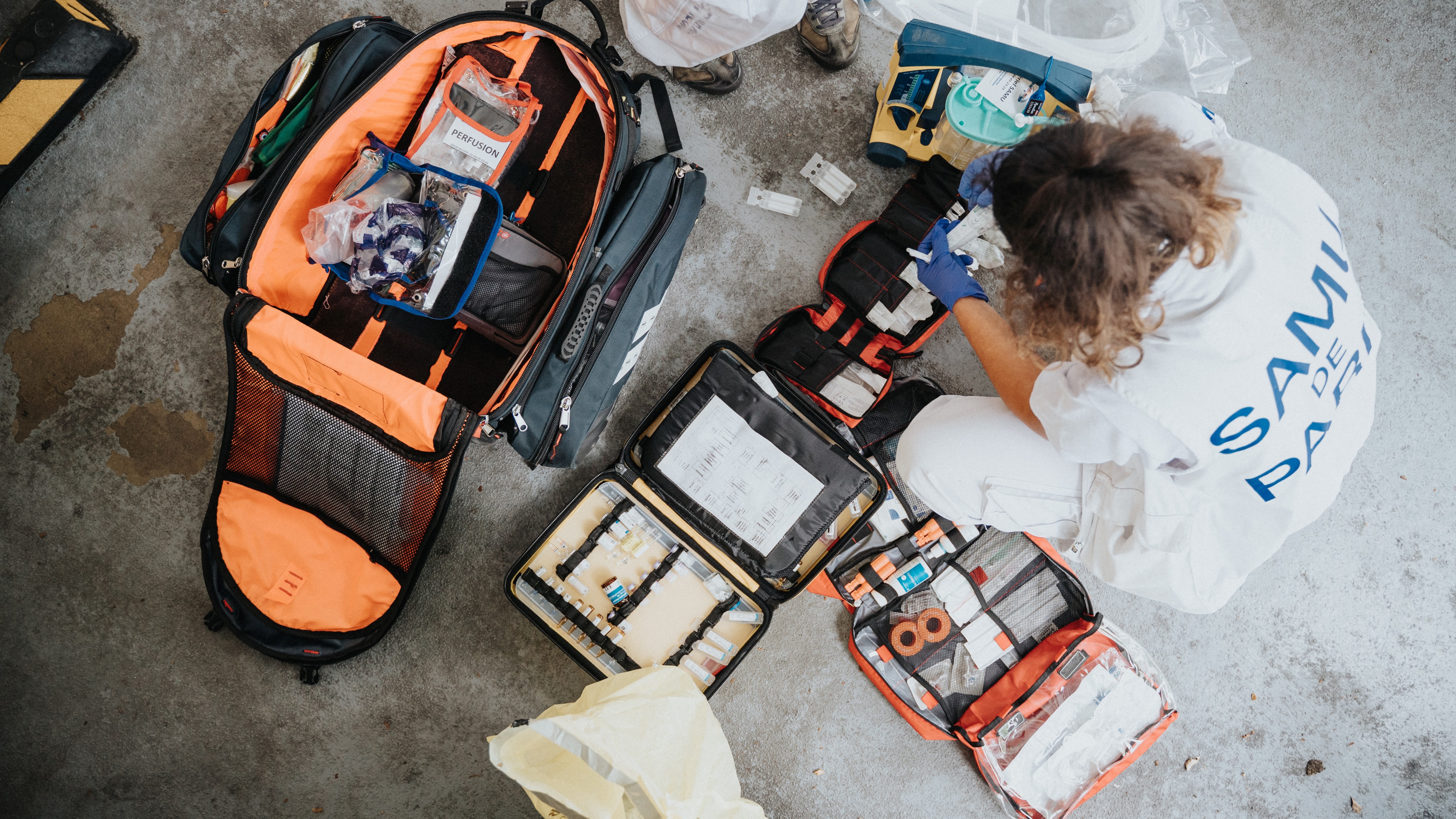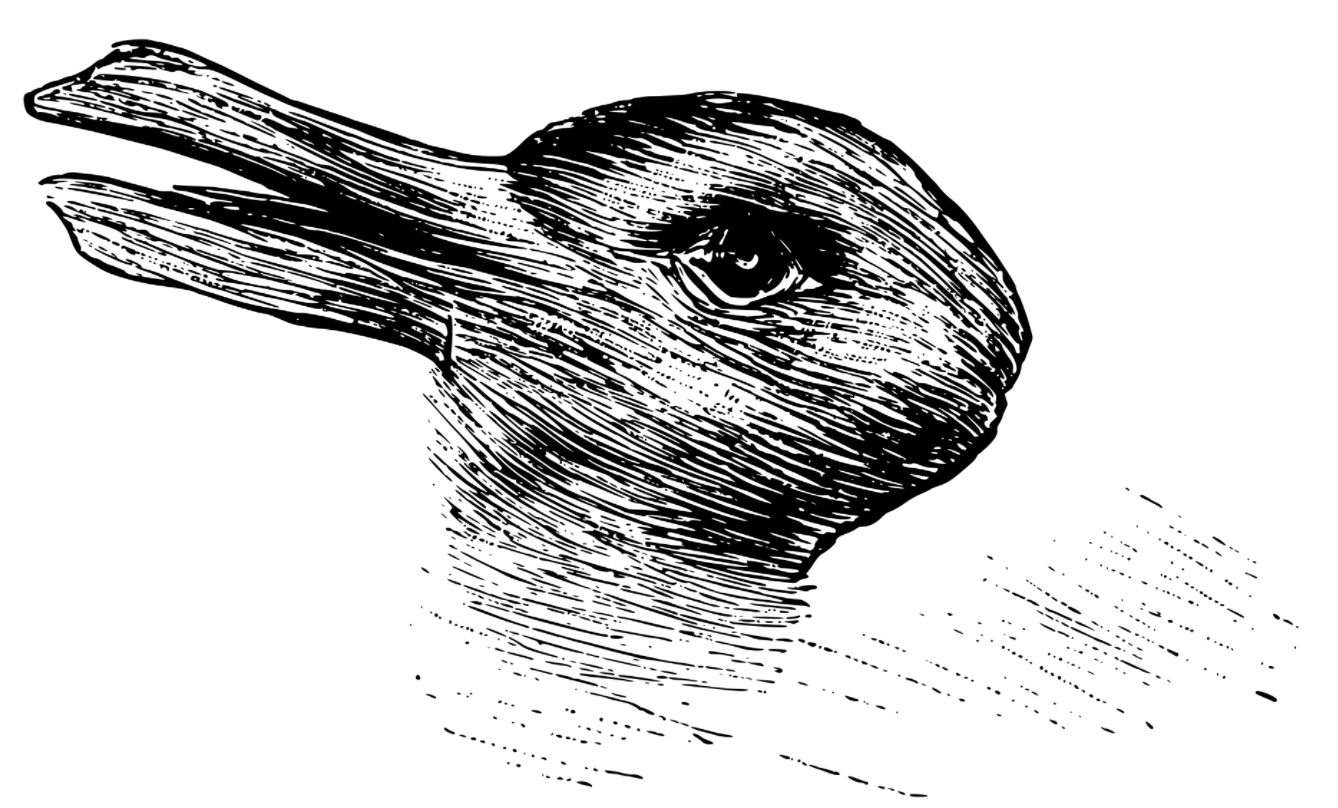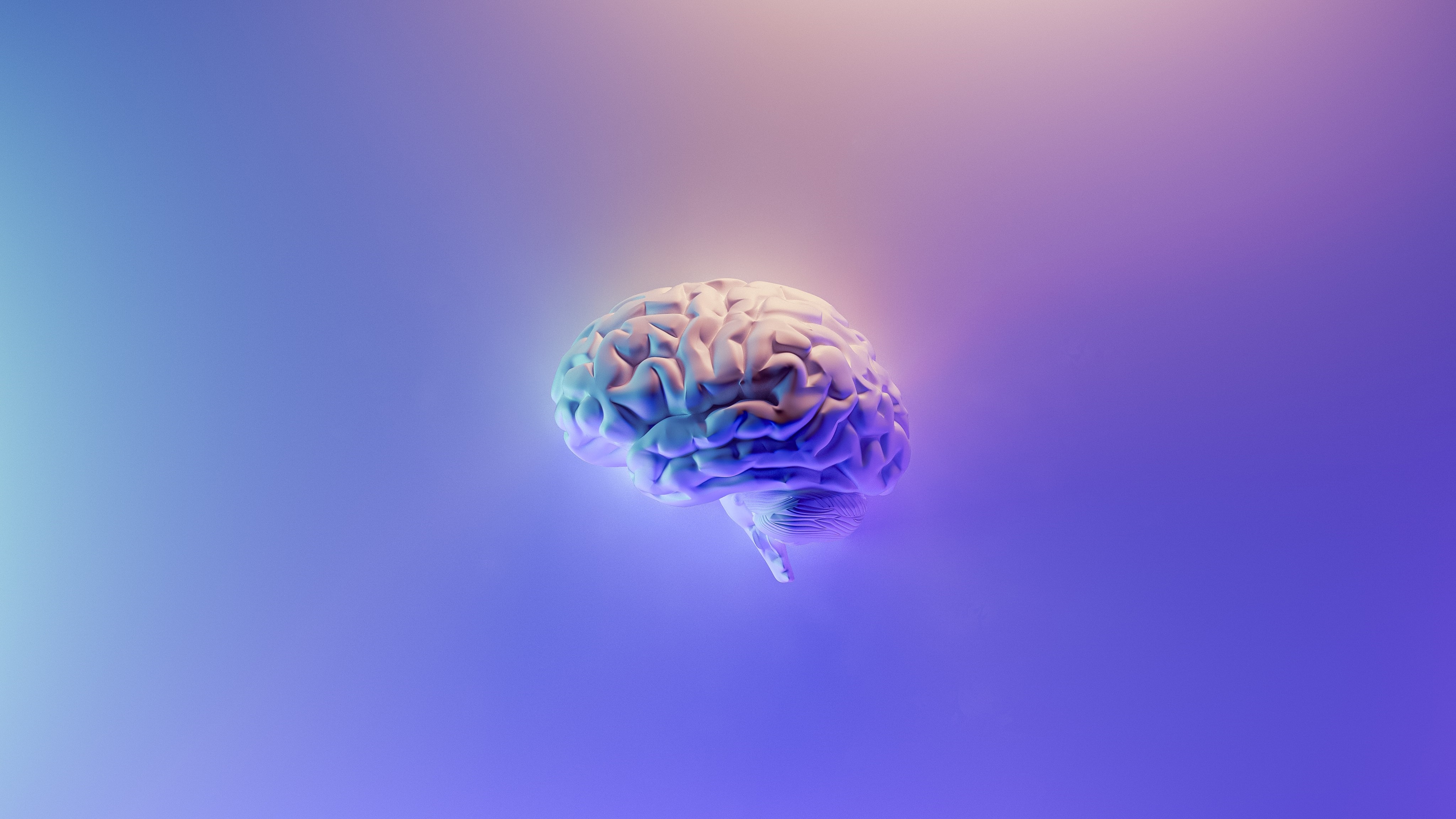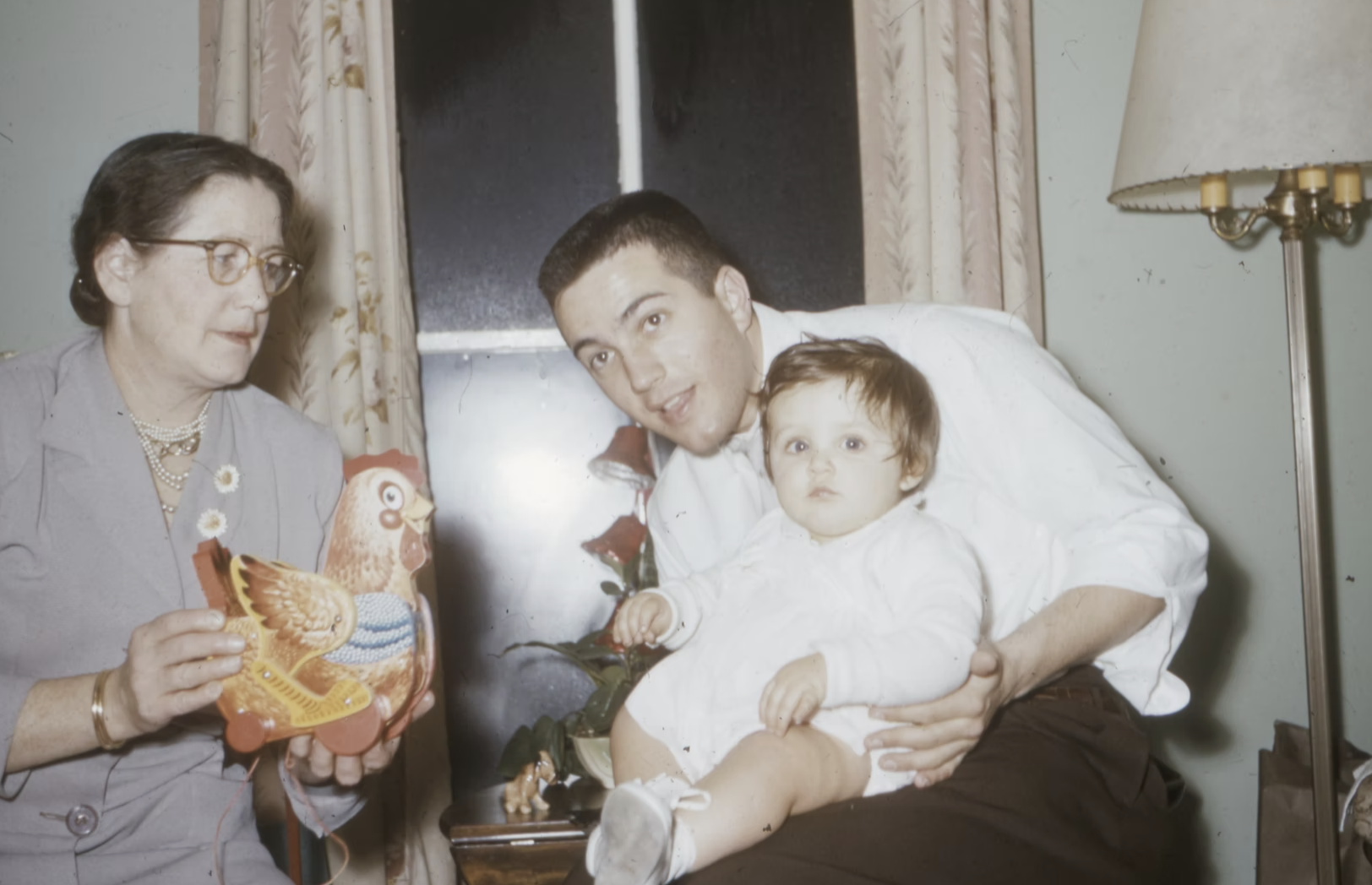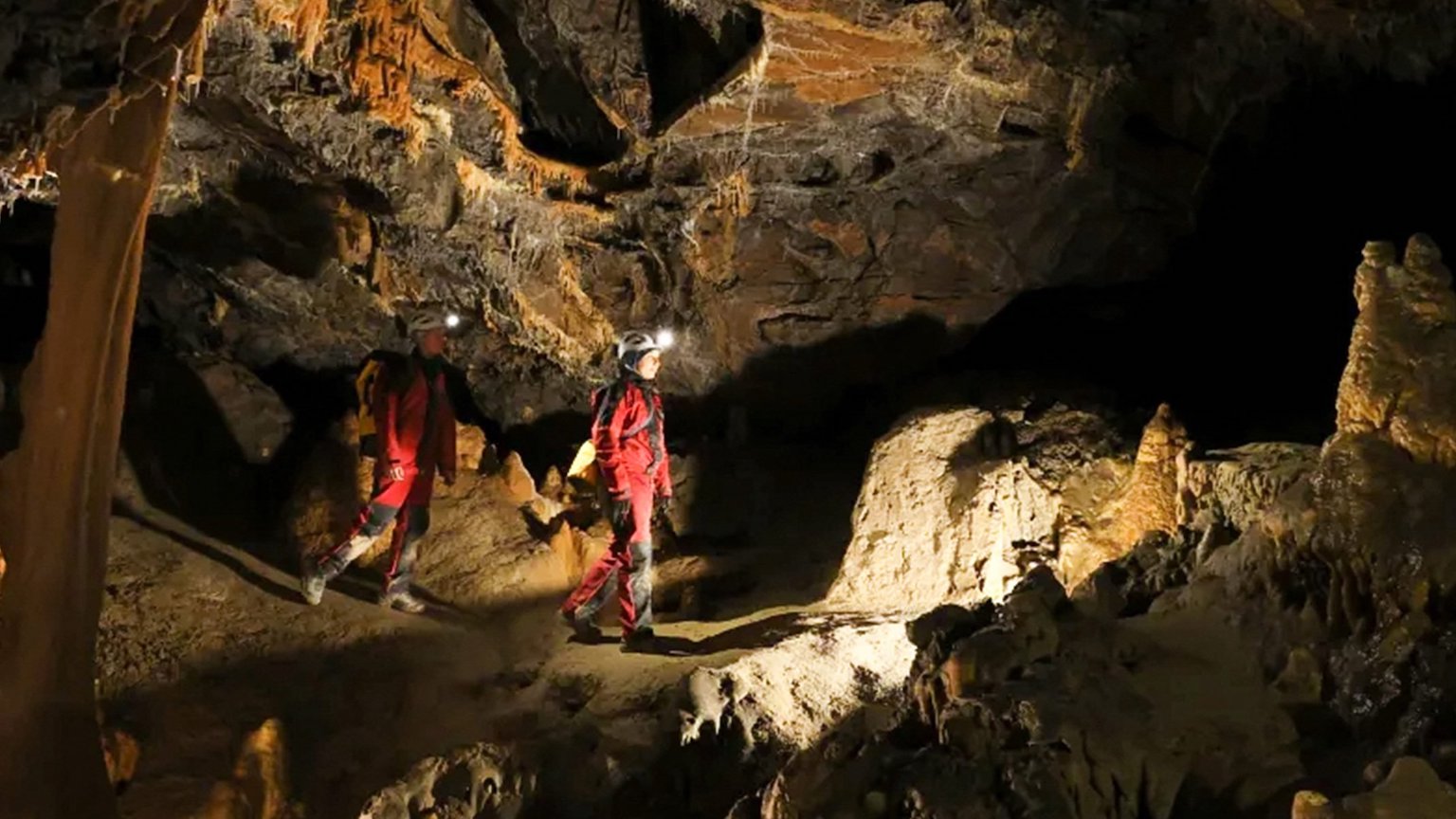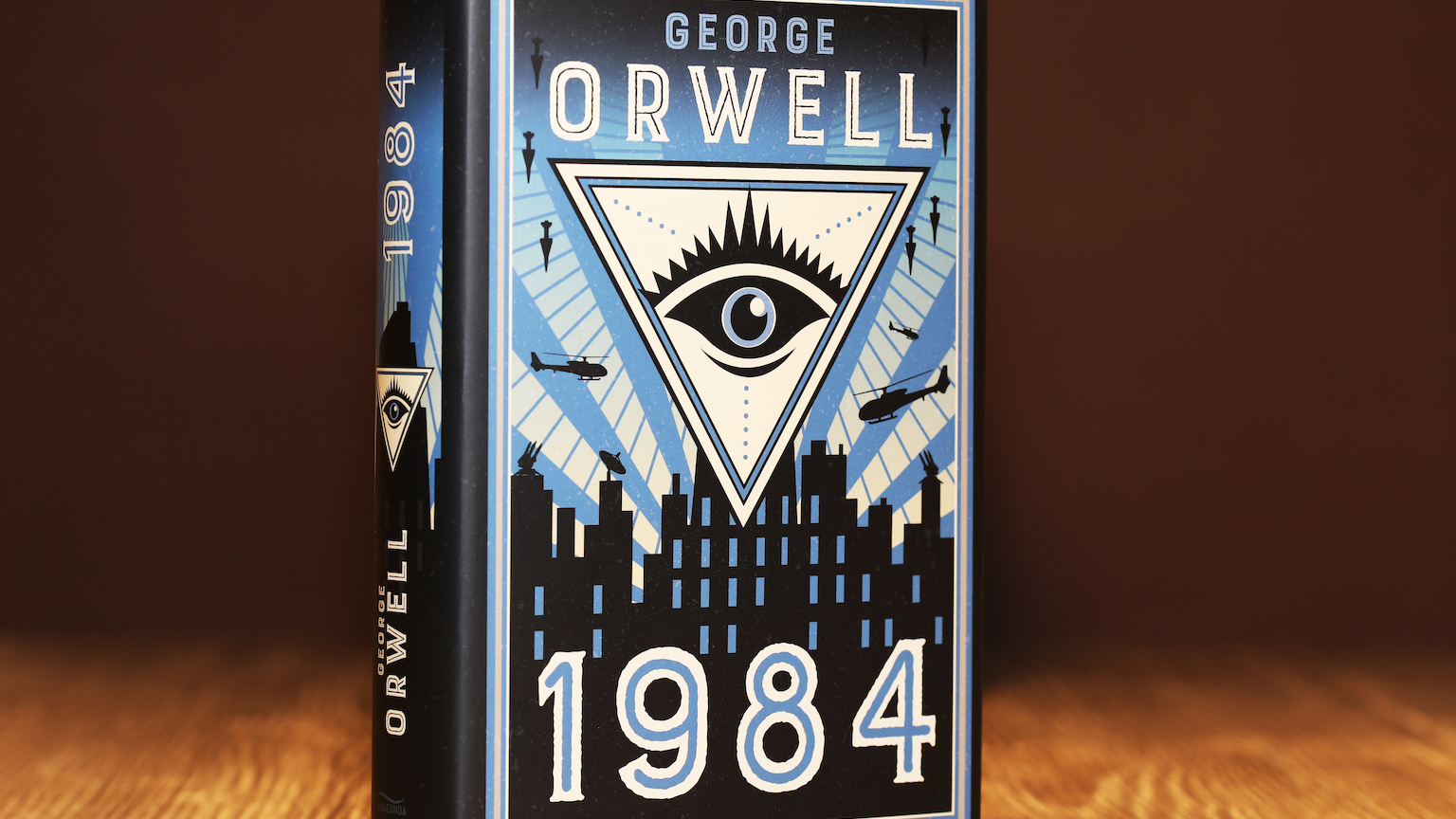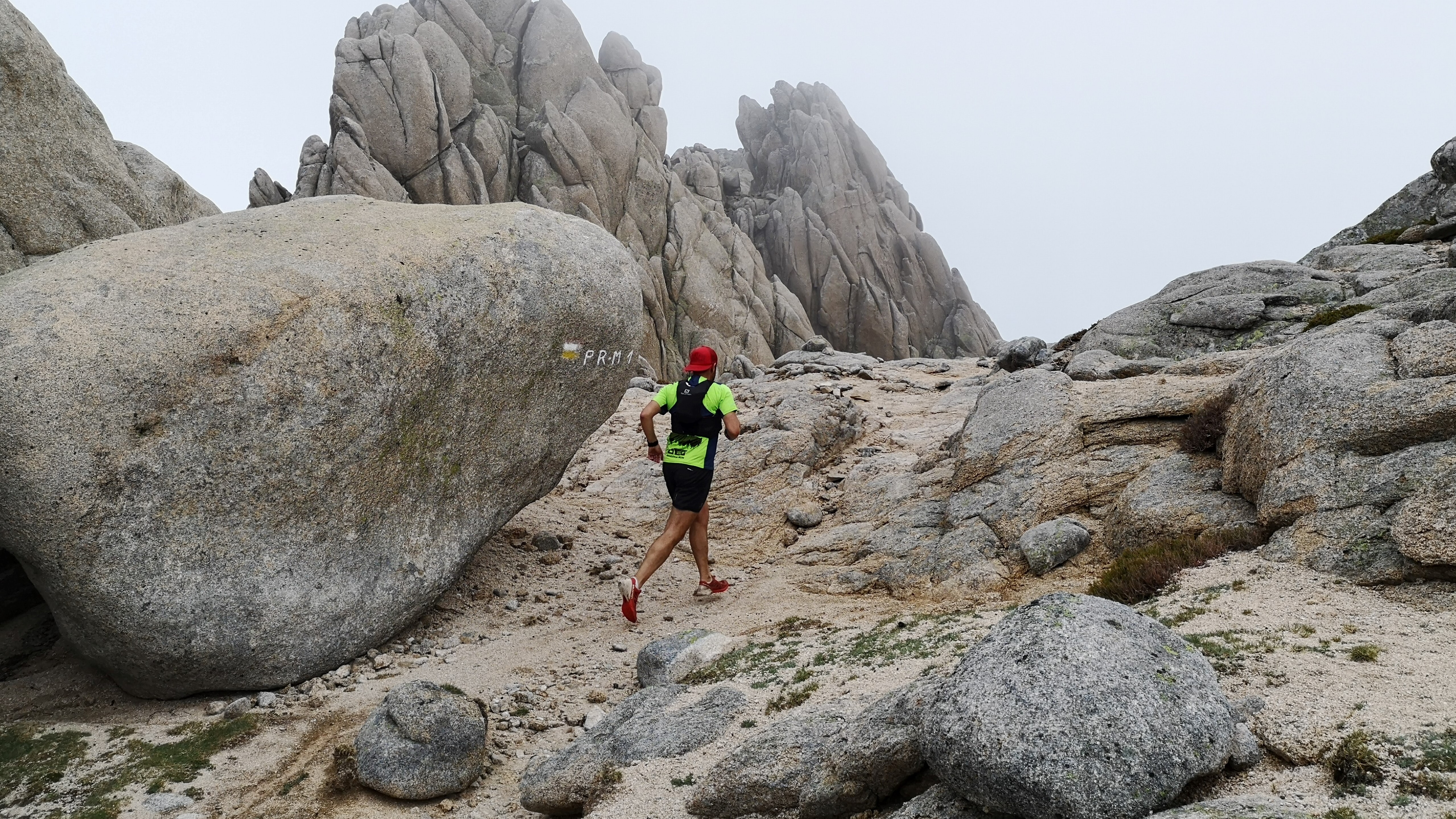psychology
Wordle activates both the language and logic parts of our brain and give us a nice boost of dopamine, whether we win or lose.
Those that were the best at math didn’t even show income satiation — there was no upper limit to how much money could make them happy.
The death of God didn’t strike Nietzsche as an entirely good thing. Without a God, the basic belief system of Western Europe was in jeopardy.
“I need to think about the future. Will you help me?”
Flow occurs when a task’s challenge is balanced with one’s skill.
The road to happiness is indirect and full of frustration.
▸
with
Beautiful people really know how to catch a break.
The language you speak plays an important role in how you evaluate truth.
OCD and addiction may result in part from improper “reward” pathways in the brain. Ultrasound can disrupt those pathways.
When reading critiques that inflate the uncertainty of science, ask these 7 questions.
Most things in the world can be seen in surprisingly different ways.
The first personality tests revolved around assessing people’s reactions to ambiguous and often unsettling images. Today, the gold standard is a barrage of questions.
Stockholm Syndrome is the most famous of 10 psychological disorders named after world cities. Most relate to tourism or hostage-taking.
The problems that Americans face are often too complex for fact-checking alone.
Regret isn’t just unpleasant, it’s unhealthy.
People who visit Florence seem strangely susceptible to Stendhal syndrome, which is blamed on an overwhelming sense of awe.
New research suggests they may be in the connections between your brain cells.
We seem to have a “progression bias” that nudges us toward pro-relationship decisions and away from breaking up.
Frank Lloyd Wright captured serenity in his masterpiece, Fallingwater, but his egotistical tendencies made life for others anything but serene.
The Virtual Metaverse will be for gaming and other short duration uses, while the Augmented Metaverse will revolutionize society.
The use of AI within mental health services could be a game-changer.
Humans seemingly have opposing desires to fit in and to be unique. The interplay between these might drive the evolution of fads.
A professor of educational psychology explains what and what not to do.
This article was originally published on our sister site, Freethink. Fifteen volunteers in France just spent more than a month living in a cave — without any way to tell time — […]
Humanity’s most advanced tech still hasn’t unraveled the mysteries of the human mind. Can brain scans show us how we store memories?
▸
with
In Orwell’s dystopian novel, the government uses Newspeak to control thoughts by controlling language. But thoughts do not require language.
For some people, there is only one thing to live for. They commit their entire being to that thing. They are dangerous.
Undiagnosed brain disease or divine inspiration? The origins of the French composer’s most provocative composition remain up for debate.
A recent study offers new insights into the so-called marriage wage premium.
Setting resolutions for the new year means you think the future is up to you — but is it?


